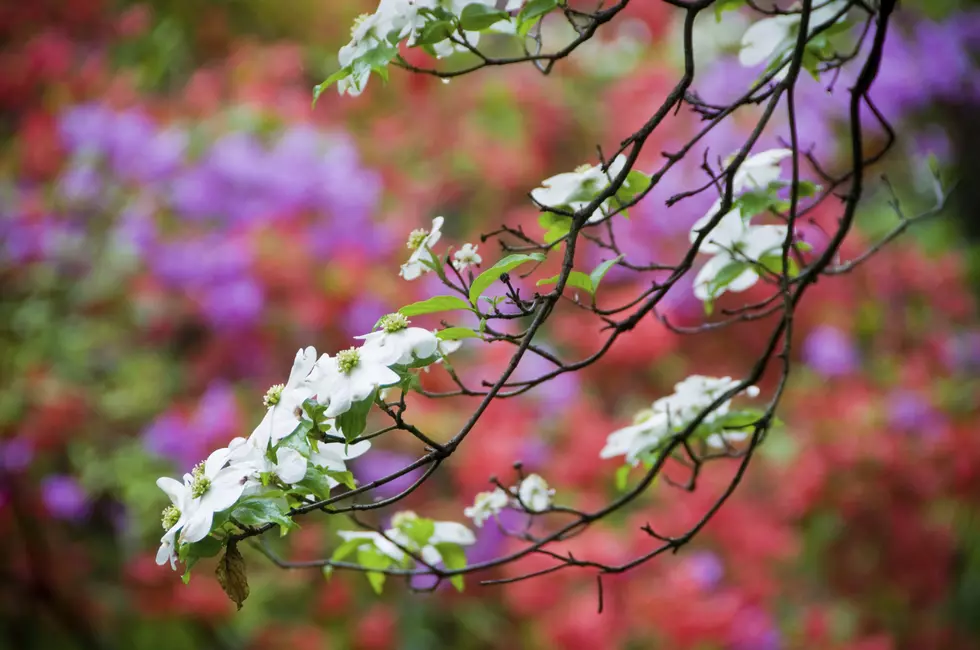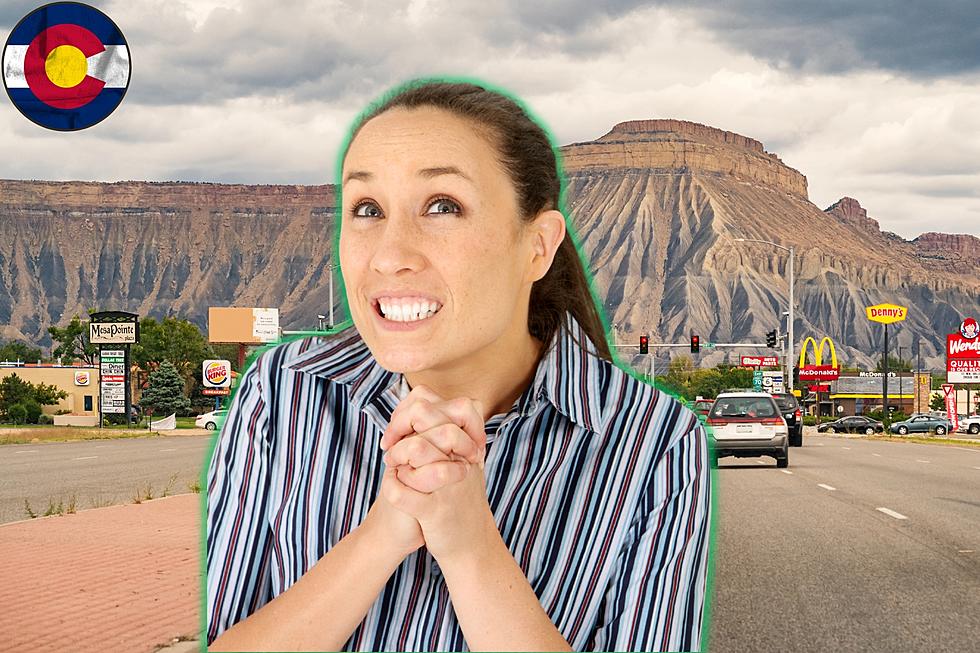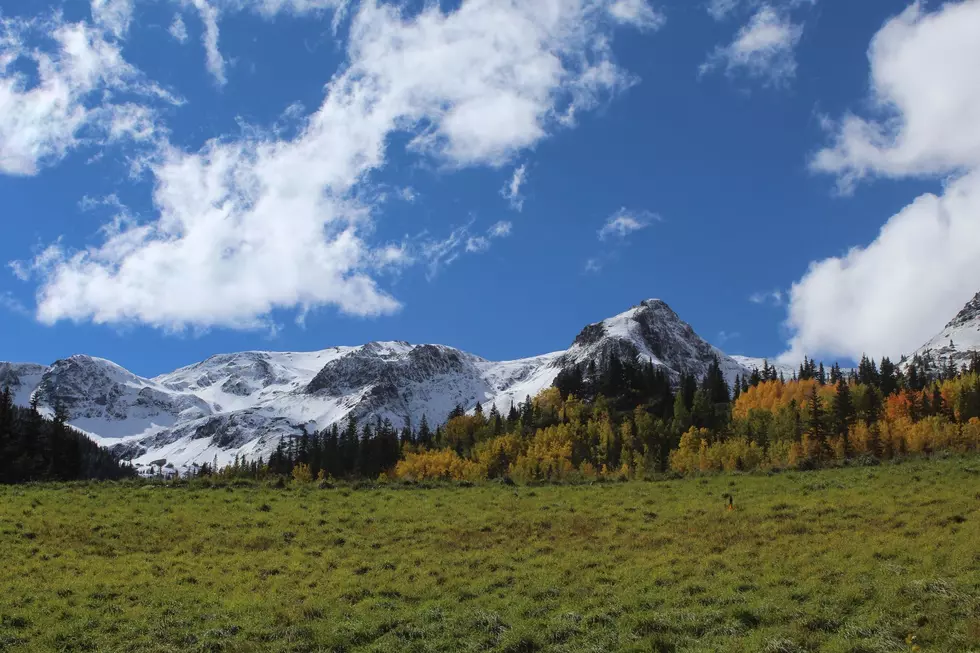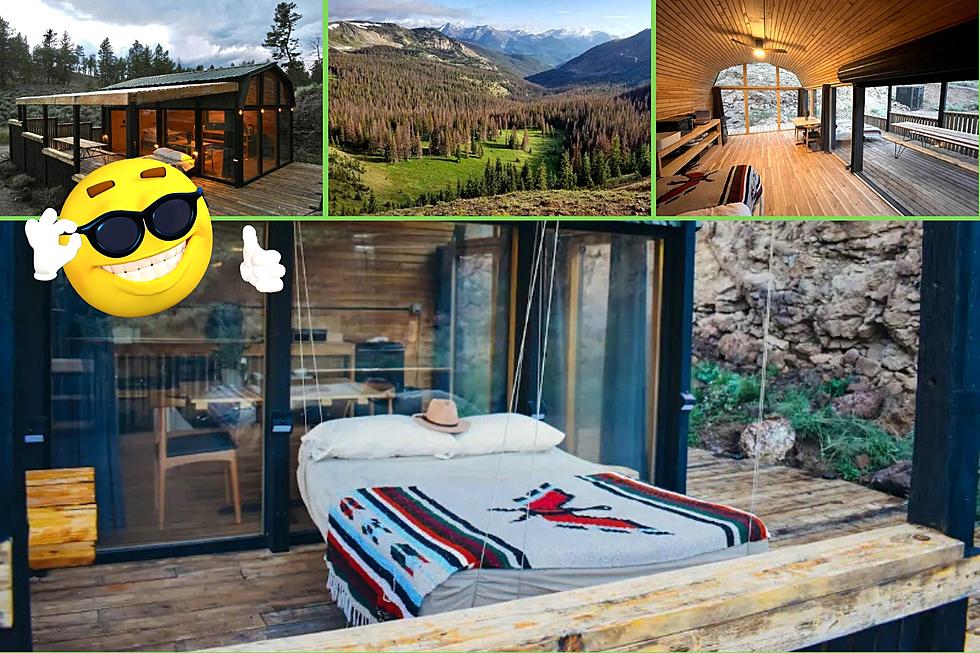
The Wetter Than Normal Winter Ends Drought; Brings Allergies
An unwelcome side-effect of the drought ending wet winter is more spring pollen.
I'm lucky. The arrival of spring and the increased pollen in the air has little impact on me. Aside from the occasional scratchy throat, I suffer very little. For many, the return of spring means the dreaded increase output of pollen from trees, grass, flowers, and weeds and the irritating allergy symptoms that come with it.
I think we're all happy to see this winters additional rain and record snowpack in the mountains. An unwelcome side-effect of all the wet weather is that we now have greater growth from trees, plants, and flowers. With that is much more pollen in the air.
Starting last month pollen levels starting rising dramatically in the Grand Valley. Local allergists have been collecting daily samples to find out what’s blooming, and in-turn delivering that info to those that suffer from allergies and alert them on when they should avoid being outdoors.
The early morning hours and at dusk is peak pollen time. Sunny and windy days will make for more sniffles and sneezing as well. According to allergy doctor Katherine Tille, “Avoid being outside during peak pollen hours, keeping windows and doors closed, be sure if you are outside when you come in, take a shower.”
There are dozens of over-the-counter remedies. Saline rinses, nasal steroids, and oral antihistamines all can help allergy suffers. If these fail to get the desired results, you may consider seeing an allergist. They can help get you a more advanced treatment.
Credit: KKCO11News
More From 95 Rock









